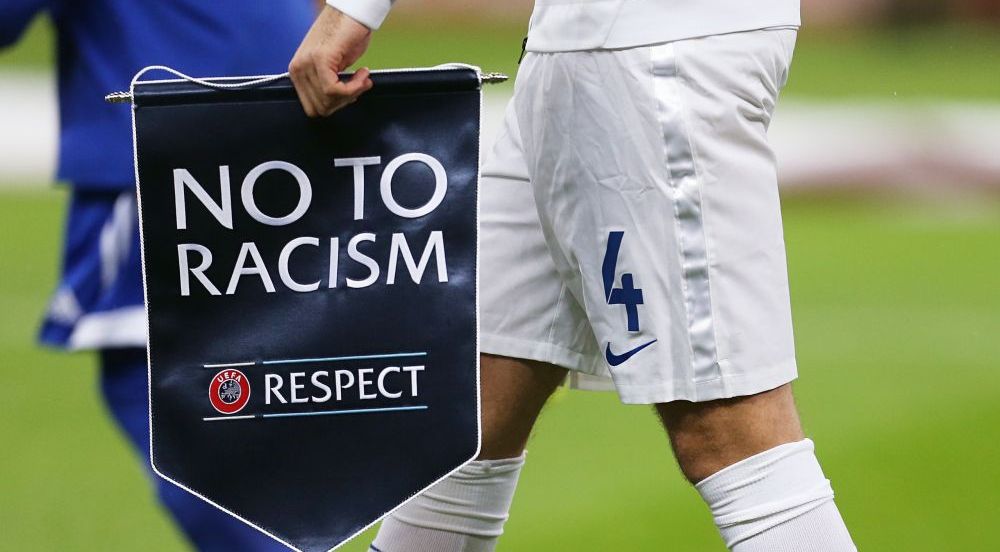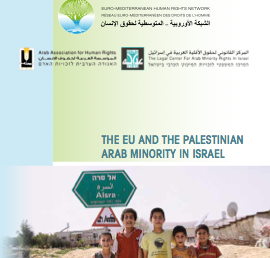Adalah petitions District Court on behalf of a family against segregation of Arab and Jewish teams in children’s football league

On Tuesday, 21 October 2014, Adalah filed a petition to the Tel Aviv District Court on behalf of a family demanding the cancellation of the decision by the Israel Football Association (IFA) to divide the children’s national football league in the Al-Shomoron area (the Triangle area) into “Shomoron 1”, comprised of 12 Jewish teams and 2 Arab teams, and “Shomoron 2”, comprised of 13 Arab teams. The division effectively imposes segregation between Jewish teams and most Arab teams.
In the petition Adalah argued that the IFA’s decision runs contrary to previous years when Arab and Jewish teams in the same area were merged into the same leagues. The petition contended that segregation between children based on their national belonging delivers a negative message that Arab teams are unwanted and are not skilled enough to play with Jewish teams. This message is offensive to children and violates their right to equality with Jewish children. Additionally, Adalah demanded the enactment of equal and clear standards for the distribution of teams in children’s football leagues in different areas and districts.
Adalah petitioned the court on behalf of Attorney Muhammad Lutfi from Umm al-Fahem, who spoke to the IFA after discovering that the team on which his son plays, Maccabi Umm al-Fahem, was merged with a group consisting of Arab teams only, although in previous years they had played with teams from Jewish towns as well. For example, the teams for the towns of Iksal and Jisr az-Zarqa were incorporated into the same league as Maccabi Umm al-Fahem, although the towns are 50km away from each other. At the same time, teams from Jewish towns that are closer to the Arab towns instead play in another league.
Adalah Attorneys Sawsan Zaher and Muna Haddad stressed in the petition that the decision of the IFA to segregate the teams, even if only in certain areas, reinforces discrimination and prejudices against Arab citizens of Israel. Furthermore, the IFA’s decision to not distribute teams according to objective general standards, regardless of national belonging, will strengthen and perpetuate the lack of respect and lack of acceptance of others. This is particularly important in the matter of children’s sports, where it should not only teach children to be successful but to also teach them the values of mutual respect for different people. Attorneys Zaher and Haddad added that the IFA is subject to the principles of Israeli public law, which clearly prohibits segregation based on national or religious belonging or gender, in any area. This segregation negates the right to equality and dignity.
In its response on 22 October, the IFA hinted that the division of the teams was based on requests from Jewish families. The response stated that: “we will not contradict the desires of the clubs (regarding the divisions), and we will not force a child to play in a league that is not joyful for him/her and that does not help his/her professional development”. Judging from this response, it seems that the IFA preferred social considerations and the desires of Jewish families over the principle of equality between the teams. Adalah will continue to follow-up on this case.
Case Citation: Civil Case 31842-14-10 Jad Mahajni v. The Israel Football Association















